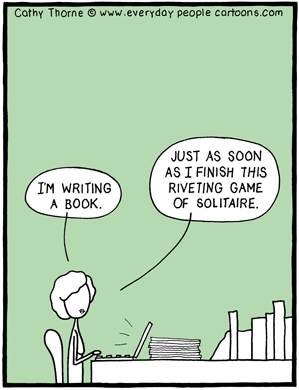When not in Rome

I'll start right away by making a confession: I've never been to Rome. I have visited Italy on several occasions, and Sicily, which I absolutely fell in love with. But Rome I have not set foot in, nunca, never, mai. This is a dereliction of duty to art and culture which I am puzzled I have allowed to come to pass. (Note to self: undertake a Grand Tour, soon.) Nevertheless, I am extremely interested in, not to say obsessed by, all aspects of ancient Roman life. Not for nothing do I have an A level in Latin. Well, come to think of it, it probably is for nothing actually, as it really isn't good for very much except for occasionally knowing obscure bits of vocabulary in Spanish or Portuguese. And being able to call the behaviour of the students I teach 'puerile' and know the word's roots and derivation. Having said that, the other day, my daughter who is studying Latin for GCSE but only started in year 10, was struggling with a translation and it was quite gratifying to be able to step in to help her out, especially when, after 15 minutes of puzzling over it, I realised that it was the story of the sword of Damocles. Translation gets a whole lot easier when you know what is supposed to happen; suddenly you can put the words 'sword' and 'thin thread' and 'suspended' and 'head' into the right order. Although the feedback from my daughter's Latin teacher was that she needed to brush up on the pluperfect tense - can you imagine, we had ignored all instances of it - nothing could dent my pride. We got the homework done and handed in on time, thus both avoiding a teenage meltdown and proving that mummy does sometimes have a purpose, so it was a win-win as far as I was concerned.
But I digress. When not in Rome, the thing to do is to read about it.
Which leads me seamlessly on to the book I really want to talk about today: A Day In The Life Of Ancient Rome by Alberto Angela. I heard about this somewhere on Twitter or on someone else's book blog and was immediately motivated to get hold of a copy. I'm only three-quarters of the way through it but I couldn't wait to write about it and I'm sure what I have left to read will be as captivating as what I have already gobbled up. The book takes you all around Rome on one day during the reign of Trajan. You see inside posh houses as well as the Roman equivalent of apartment blocks or housing projects, the insulae, and into the everyday lives of people both rich and poor. Some fascinating facts come out. The shortest day of the year is 21st December, and the three days that follow are almost equally dark, before the days start to lengthen again. The Romans celebrated the 25th December, calling it the dies solis, the day the sun returns. Is it any coincidence that the 25th December is known the world over - whether you believe or whether you don't - as Jesus's birthday? One look on wikipedia will show you that this is a subject of intense and on-going study and argument, but it seems obvious to me. Societies all over the northern hemisphere have developed festivals and traditions to bring light and hope to the darkest days of winter and Christmas certainly seems to have that idea at its core.
Another interesting fact is that the Romans only reclined on couches to have dinner when it was a banquet or grand occasion. At other times, they ate at a table, sitting on a chair, just like us (except when we're enjoying a TV dinner, which is most of the time if I'm honest about myself.) One thing we can be happy we've always had right is that they did, indeed, wear togas - although only the men - so all those student toga parties when one pulled the sheets off one's bed and had an instant outfit were moderately accurate. What else have I learnt from this fascinating book? Horse riders didn't have stirrups; they weren't invented for some time to come. Temples were lit by candelabra, not flaming torches as we see in the movies, which is quite disappointing and I urge the set managers to carry on with the torches - a little bit of artistic licence is surely fine. I always imagined the Romans as very clean people, what with all their aqueducts and sewers and public latrines and stuff, but apparently the upper floors of the apartment buildings, the aforementioned insulae, were absolutely filthy because no one could be bothered to lug cleaning water up all the stairs. Well, one can see their point. As Angela points out, living in ancient Rome was a bit like being on a camping holiday. You have your tent to sleep in and you can prepare very basic food there, but for everything else - using the toilet, washing, eating a decent meal, having a drink in convivial company, meeting friends etc etc etc, you go out. And that's just how it was back in those far off days, many centuries ago.
I'm off now, to read some more and also to try and write a few more words of the book that will follow Garden of Stars. It's due out in July next year and the provisional title is Now You Are Gone... will keep you posted.


















